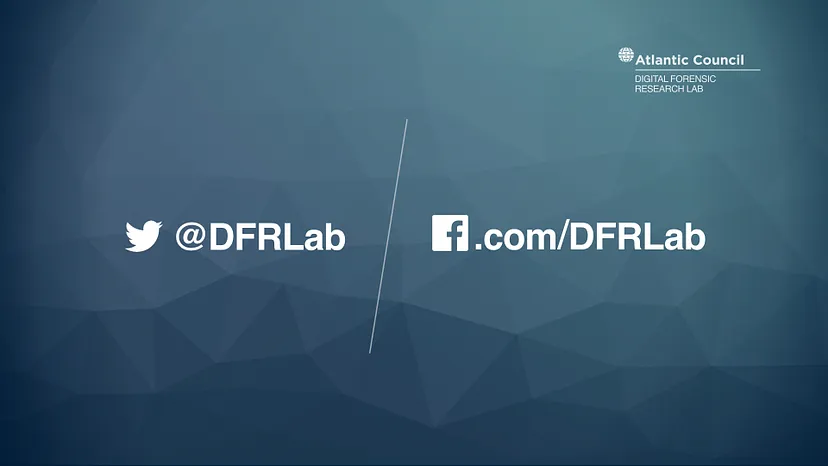#DigitalSherlocks: Doxxing Statement
One of our colleagues was recently doxxed and harassed. Here’s our response:
#DigitalSherlocks: Doxxing Statement

We want to address some recent claims made about our friend and colleague Ben Nimmo because they are false and intended to discredit and deceive.
Democracy depends on debate, but informed debate depends on facts.
Too often in recent years, we have witnessed attacks on this foundation: the deliberate spreading of false information, hostile state actors promoting divisive content and intent on societal disruption, and attacks on fact-based reporting and evidence-based research.
@DFRLab’s mission is to identify, expose, and explain disinformation when and where it occurs. As we continue our work, we expect more scrutiny and outright attacks on our credibility from those we expose. Part of building that credibility is to not assume that ours is inherent. Given the resources and attention directed at one recent example, we thought it appropriate to respond and describe some of the overall challenges of countering disinformation.
On November 5, 2018, a group claiming to be Anonymous released a tranche of documents it claimed were hacked from a British think tank named the Institute for Statecraft, which ran a program named Integrity Initiative. @DFRLab and wider Atlantic Council maintains no official relationship or work with either entity. However, the personal information of current @DFRLab Senior Fellow for Information Defense and one of the foremost experts on nation-state disinformation, Ben Nimmo, was released. This was, in turn, enthusiastically reported on by Russian state-funded media outlets, including RT and Sputnik.
The leaking of such information was harmful and repugnant. Regrettably this tactic has become commonplace in harassing opponents when facts are not deemed useful to chosen outcomes.
It is true that Mr. Nimmo used to work for the Institute for Statecraft. He left their employment in December 2016, and he has not had an active role on any projects with that organization since. It is not true that Mr. Nimmo has no prior experience in journalism, as Sputnik alleged: indeed, his journalistic background is listed on his Atlantic Council biography, which Sputnik claimed to have read. Part of our strength as a team is drawing on varied expertise and diverse viewpoints. In fact, we’re privileged to benefit from Mr. Nimmo’s years of experience as an international reporter.
On the matter of reporting on political debate, we don’t take stances. What we can do is objectively measure amplification with the goal of better understanding social media’s role in democracy. Only using open sources and deliberately describing our methodology is part of, again, not assuming our own credibility. We would rather let readers decide for themselves.
These facts seem not to have been disputed in anything other than a collection of reporting by Russian state-run media and its echo chamber. Uncoincidentally, our team has built a large body on that very topic (for example, here and here), which we hope our readers will find informative and useful.
Among the challenges of addressing the permeating effects of propaganda or outright disinformation is to reject its original premise. Engaging with those who consistently spread falsehoods provides the oxygen of amplification to their message and can legitimize their message.
Efforts to undermine our credibility and work will not deter us from continuing what we’ve set out to do: forge digital resilience and protect democratic institutions from those who would seek to undermine them online.
We hope you’ll continue to join us in that effort.
Follow along for more in-depth analysis from our #DigitalSherlocks.


